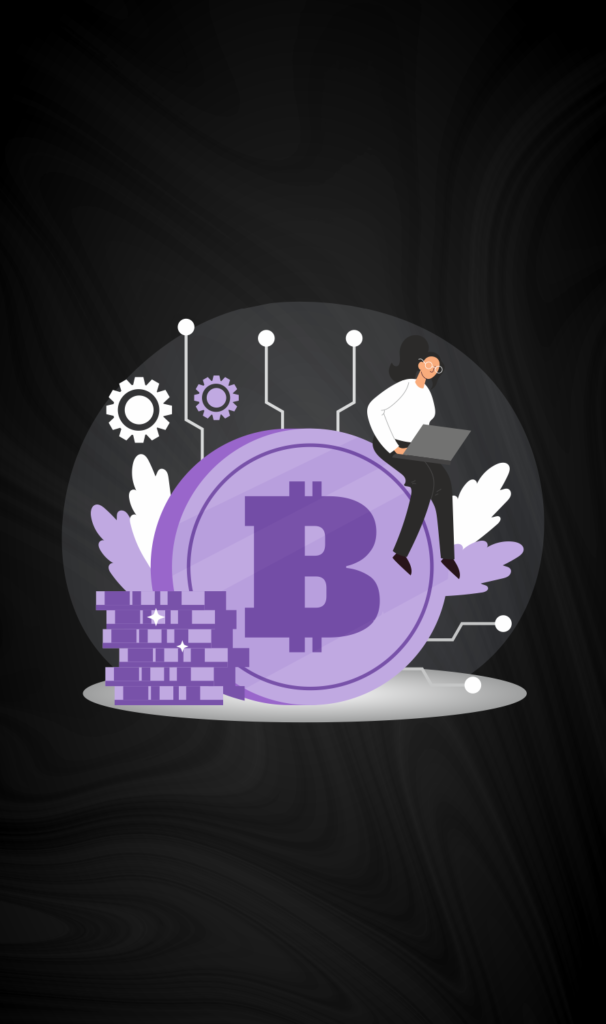Blockchain
The technology is a distributed ledger system that operates on the grounds of decentralization, allowing various parties to manage a safe, open ledger of transactions without requiring a central authority. Since each transaction is cryptographically connected to the previous one, a chain of blocks is created thus, named blockchain for its structure and immutability. Due to its special features and advantages, this technology has the potential to completely transform numerous industries, including finance, supply chains, healthcare, and more.
Here are a few examples of how blockchain affects business:
Blockchain is an extremely secure technology due to its decentralized structure and use of cryptographic algorithms. Data becomes Immutable and impervious to tampering once it is recorded in a block. This characteristic safeguards against fraud and illegal transformations while guaranteeing the integrity of the data.
A network’s members can all see the same, unchangeable version of the data thanks to the blockchain’s transparency. Parties may independently verify transactions without depending on a central authority, this transparency promotes trust between them.
Blockchain can simplify procedures and lower transaction costs by eliminating intermediaries and the requirement for third-party verification. This is especially important for areas like supply chain management and financial services that have a large number of intermediates.
Complex or cross-border payments requires lengthy procedures in traditional financial systems. Blockchain-based technologies can cut down on delays and expedite settlement times dramatically.
By offering a verifiable and impenetrable record of every step in the supply chain, blockchain can increase supply chain transparency. This makes it possible for businesses to trace the provenance of goods, confirm their legitimacy, and enhance traceability.
These self-executing contracts have their terms encoded directly into blockchain code. These contracts eliminate the need for middlemen and human processing by automatically executing when predetermined conditions are met.
The blockchain technology is more guarded against cyberattacks and system failures due to its decentralization structure, which removes the probability for a single point of failure.
Blockchain technology enables the production of tokens and digital assets that can be used to signify ownership of tangible assets like real estate or works of art. This creates new opportunities for fractional ownership and liquidity in markets that have historically lacked it.
Blockchain-based identification systems provide greater control for data subjects over their personal information, the technology enhances security and privacy while lowering the possibility of identity theft.
Although this technology may create legal issues with cross-border transactions, the blockchain operates with no borders, it reduces settlement times and removes intermediaries, making cross-border transactions easier and more effective.
